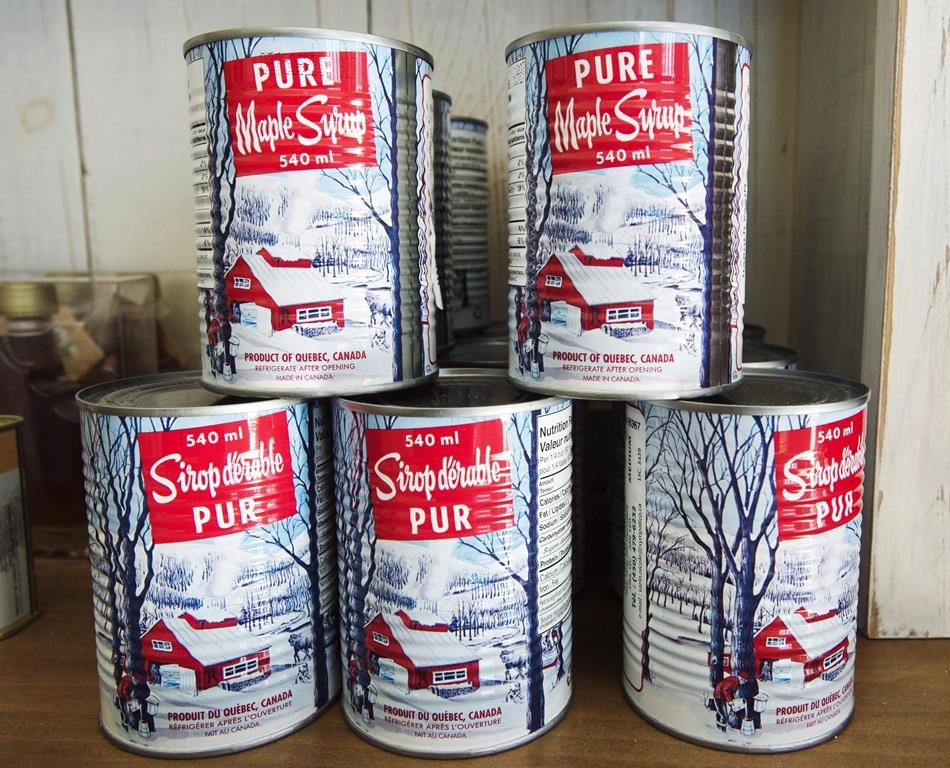Canada’s highest court ruled Thursday that one of the men behind the notorious 2012 maple syrup heist in Quebec will have to pay a $9.1-million fine.

In a unanimous decision, the Supreme Court of Canada said Richard Vallières must pay a fine equal to the value of the syrup he stole — not just equal to the profit he made from it.
The court has given Vallières 10 years to pay the fine, failing which he will serve six years in prison.
Vallières was found guilty in 2016 of fraud, trafficking and theft of 9,500 barrels of syrup between 2011 and 2012 from a central Quebec warehouse storing product from the province’s maple syrup producers. The stolen syrup was worth more than $18 million, but Vallières said during his trial that he had sold it for $10 million and made a $1-million profit.
The Supreme Court said Quebec’s Court of Appeal was wrong to reduce his fine to $1 million.

Get daily National news
“Distinguishing between an offender’s income and expenses in order to determine the offender’s profit margin would essentially amount to legitimating criminal activity,” the ruling written by Chief Justice Richard Wagner said.
The proceeds of crime provisions in the Criminal Code are severe, the Supreme Court said, because they specifically seek to “deprive offenders of the fruits of their crimes and to take away any motivation for them to pursue their criminal purposes.”
“Parliament is sending a clear message that ‘crime does not pay’ and is thus attempting to discourage individuals from organizing themselves and committing profit-driven crimes.”

The Supreme Court reduced Vallières’ $10-million fine by about $830,000, the amount he owed to the federation of syrup producers under a separate court order.
The court was also asked to determine whether the roughly $9-million fine should be divided between Vallières and his accomplices, in order to avoid “double recovery” of the money received for the stolen syrup. The judges said Vallières did not prove at trial or on appeal that there was a risk of double recovery.
- Carney unveils ‘Buy Canadian’ defence plan, says security can’t be a ‘hostage’
- Rhode Island shooter killed ex-wife, son before bystanders intervened: police
- Canadian immigration officers investigating hundreds identified by extortion task force
- ‘Canada can broker a bridge,’ Carney says on new trading bloc efforts







Comments
Want to discuss? Please read our Commenting Policy first.